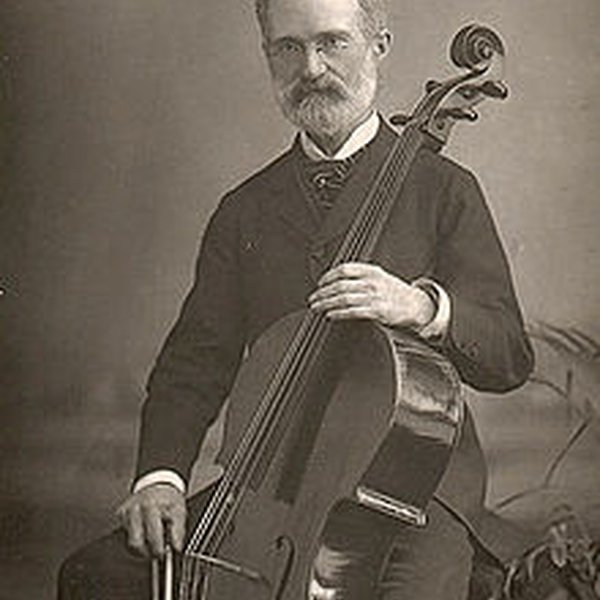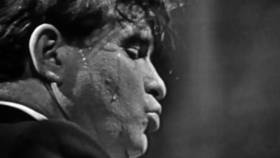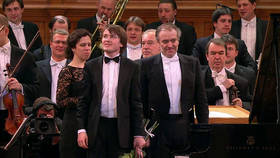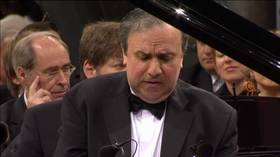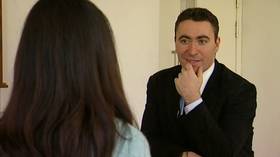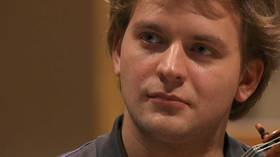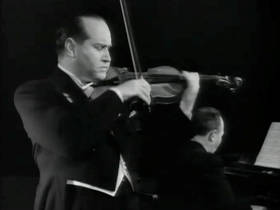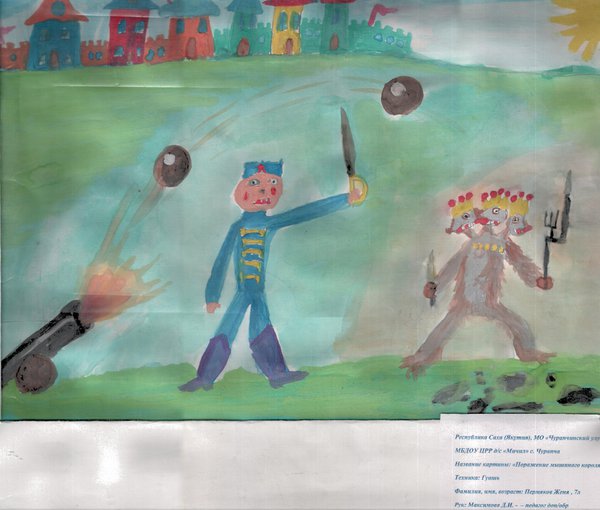Biography
'The Paganini of the cello', like Franz Liszt called him, Carlo Alfredo Piatti was among the best cellists of the 19th century.
Born in 1822 in Lombardy, he was taught how to play the violin by his father and then to studied the cello with his great uncle Gaetano Zanetti, who noticed his great skills for the practice of this instrument. Then he joined the prestigious Milan Conservatory and made his debut as a soloist at La Scala in Milan when he was only 15 years old. Then, Carlo Alfredo Piatti was invited throughout Europe as a soloist and chamber musician. He made his acclaimed debut in 1846 in the best theatres in London, where he encountered great success. He performed there for over fifty years.
Carlo Alfredo Piatti also composed beautiful works including concerti, concertini, sonatas and typical Italian pieces such as Siciliane and Tarantelle. He is renowned for the fantasies he composed on operatic themes from Bellini's La Sonnambula or Donizetti's Lucia di Lammermoor. His interest in popular music led him to expand his repertoire. His works also reflect the special attention that the composer brought to the technique. A great teacher, Carlo Alfredo Piatti also composed serious works meant to develop the virtuosity of the performer, thanks to such techniques as the staccato, flying spiccato or trills which can notably be found in the Twelve Caprices for Solo Cello.
A marvellous performer, composer and teacher, Piatti rubbed shoulders with the greatest musical figures of his time including Giuseppe Verdi, Felix Mendelssohn, Arrigo Boito, and Franz Liszt who accompanied him at the dawn of his career, admiring the technical musical skills of the young Italian cellist. He left his mark in the history of music thanks to his virtuosity in the perfect command of intonations and in the clarity of the most complex rhythm implementations and expressive interpretations.
 piano
piano
 violin
violin
 cello
cello
 voice
voice
 Gala
Gala
 medici.tv
medici.tv

